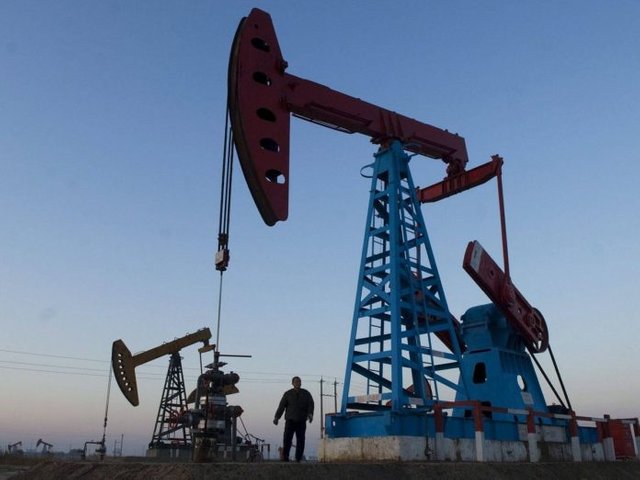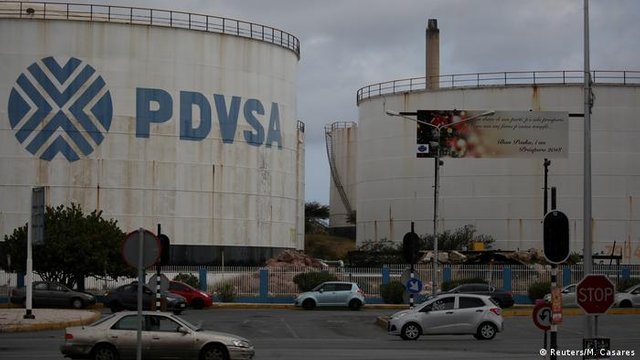At the beginning of the 20th century, Venezuela depended on oil revenues, making it a mono-producer country par excellence, neglecting the other sectors of the economy at that time.

After the arrival of Black Friday on February 19, 1983, as a result of the fall in oil prices and the continuous devaluation of the currency, the State had the need to look for other forms of income to help it support public spending, thus creating a more efficient tax structure.
As of the 21st century, the Venezuelan State was faced with the need to develop effective economic and tax strategies adapted to reality. Seeking to improve the Venezuelan Tax System in order to obtain higher tax revenues and cover public expenditures, while seeking to eliminate the dependence that existed in the oil rentier system, the fair distribution of burdens, the protection of the national economy and the raising of the standard of living of the population.
In this sense, it is of great value to mention the Constitution of the Bolivarian Republic of Venezuela (CRBV) (1999), which establishes the duties that Venezuelans must fulfill, among them the duty to contribute to public spending in order to satisfy the basic needs of the population through the payment of taxes.

As established in Article 133, which states that "Every person has the duty to contribute to public expenditures through the payment of taxes, fees and contributions established by law".